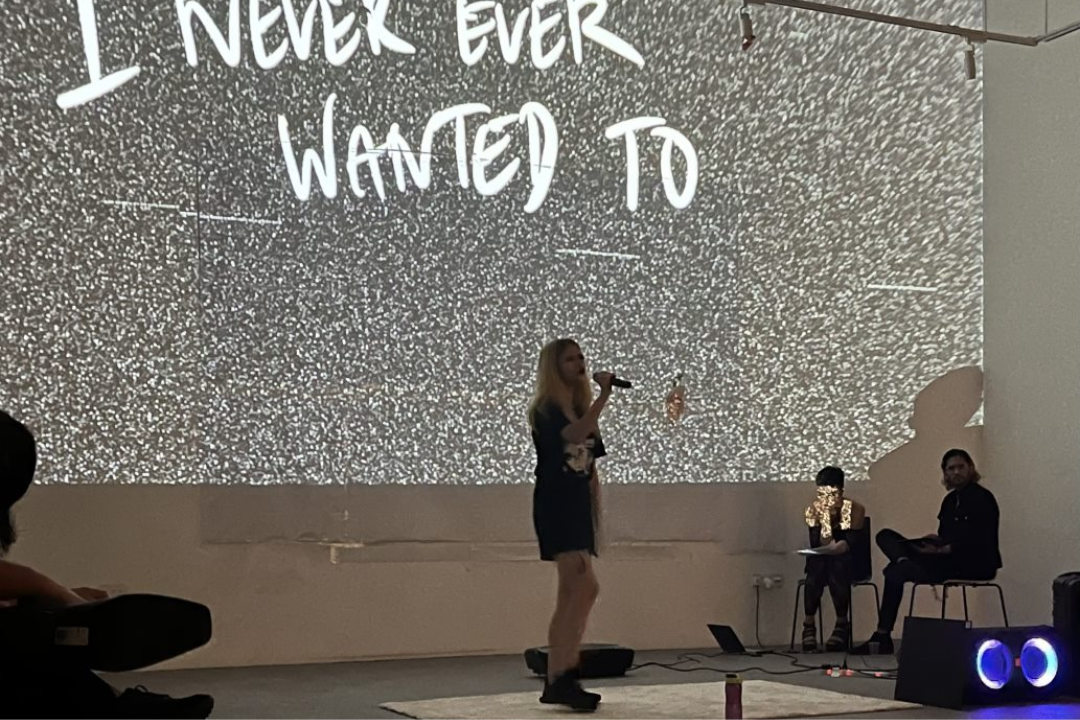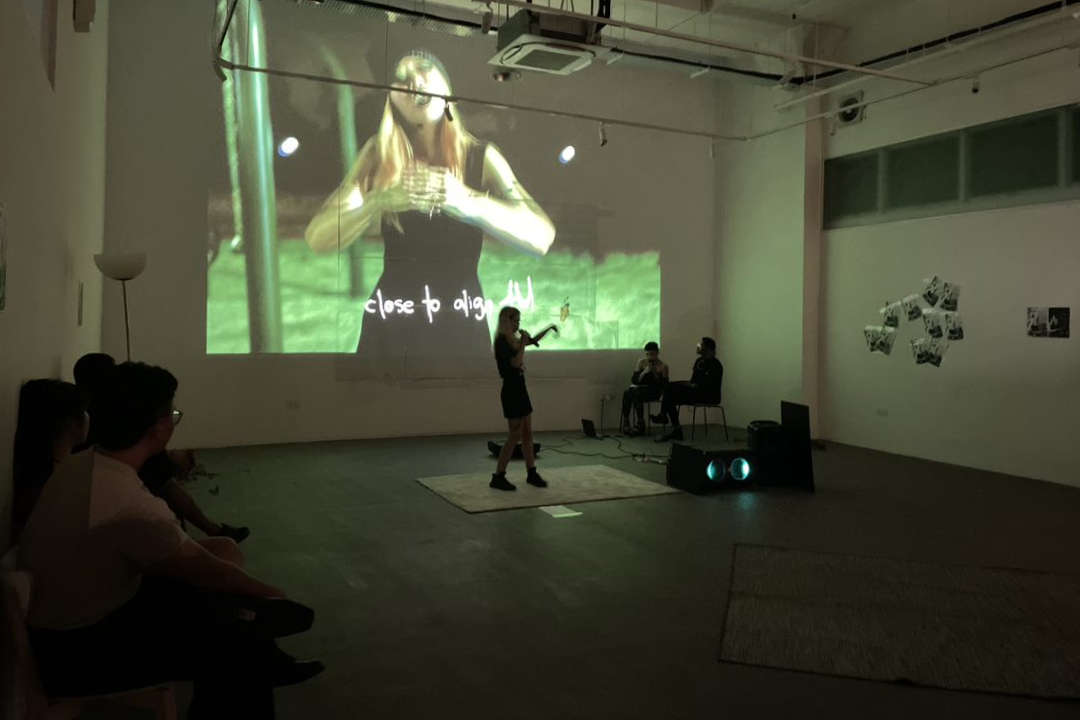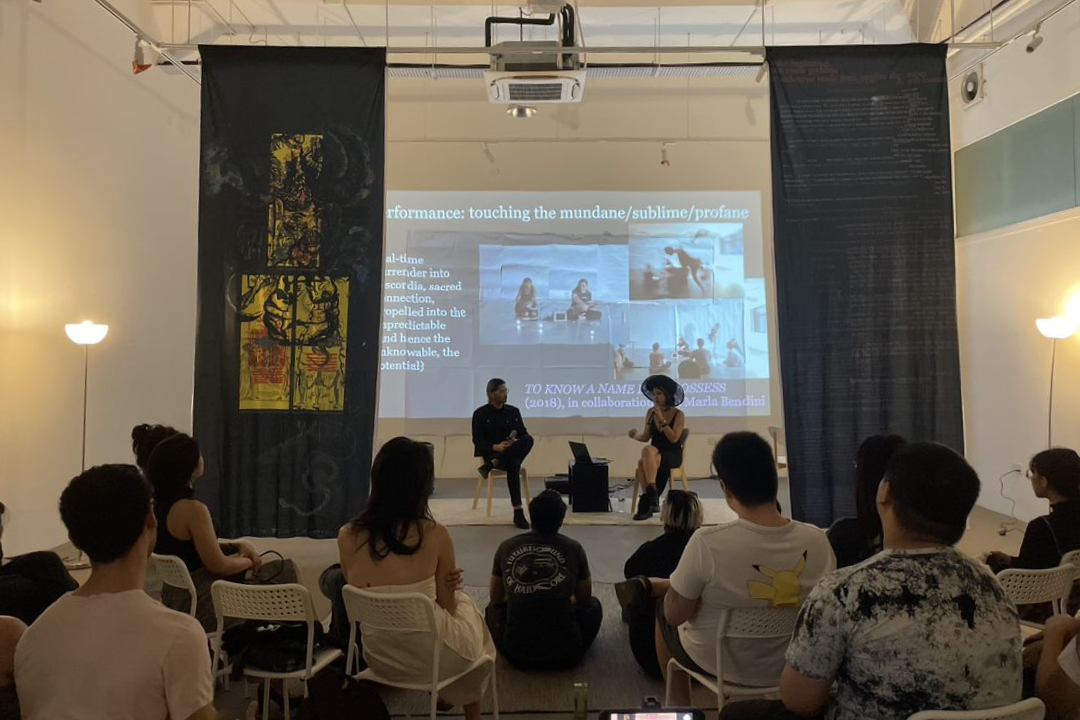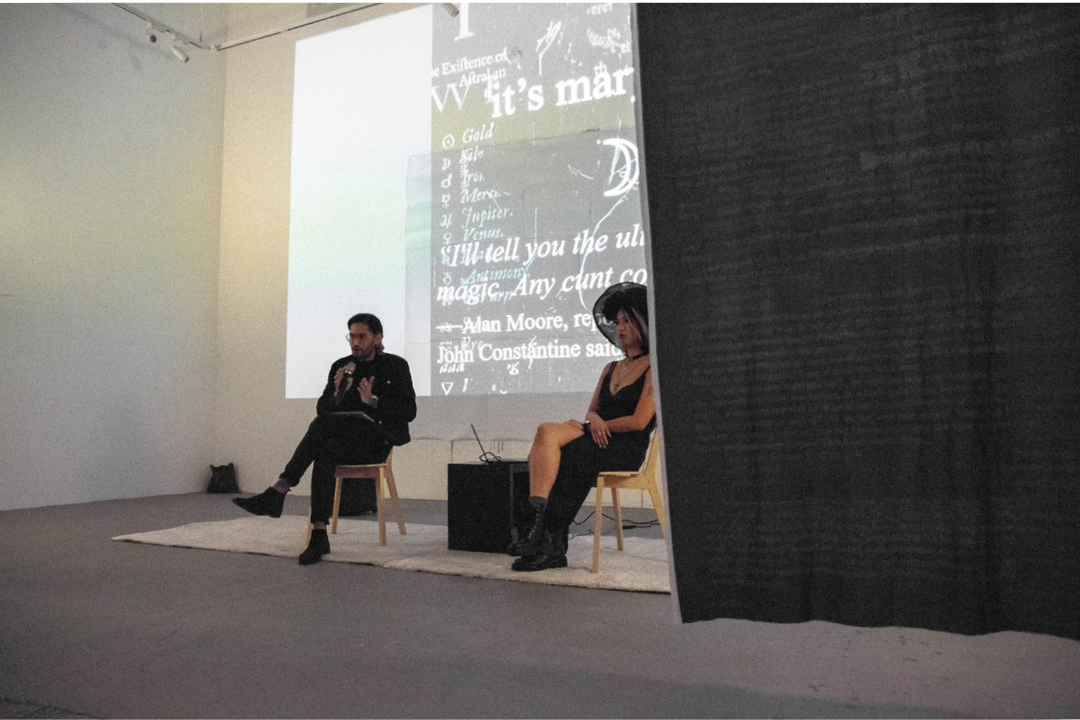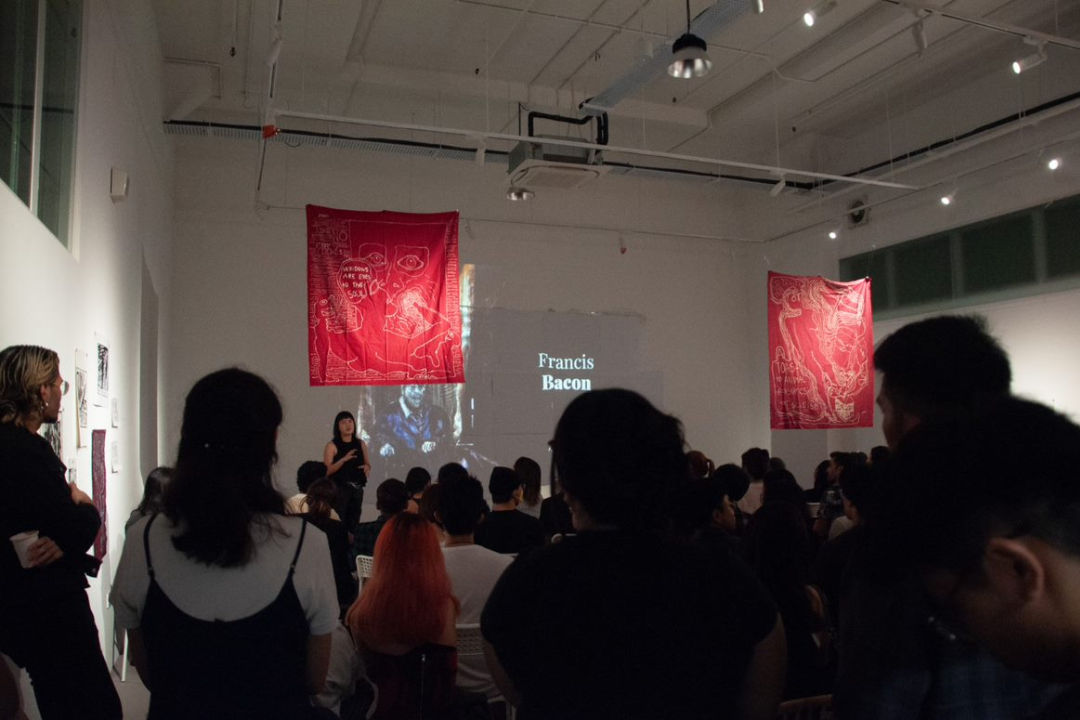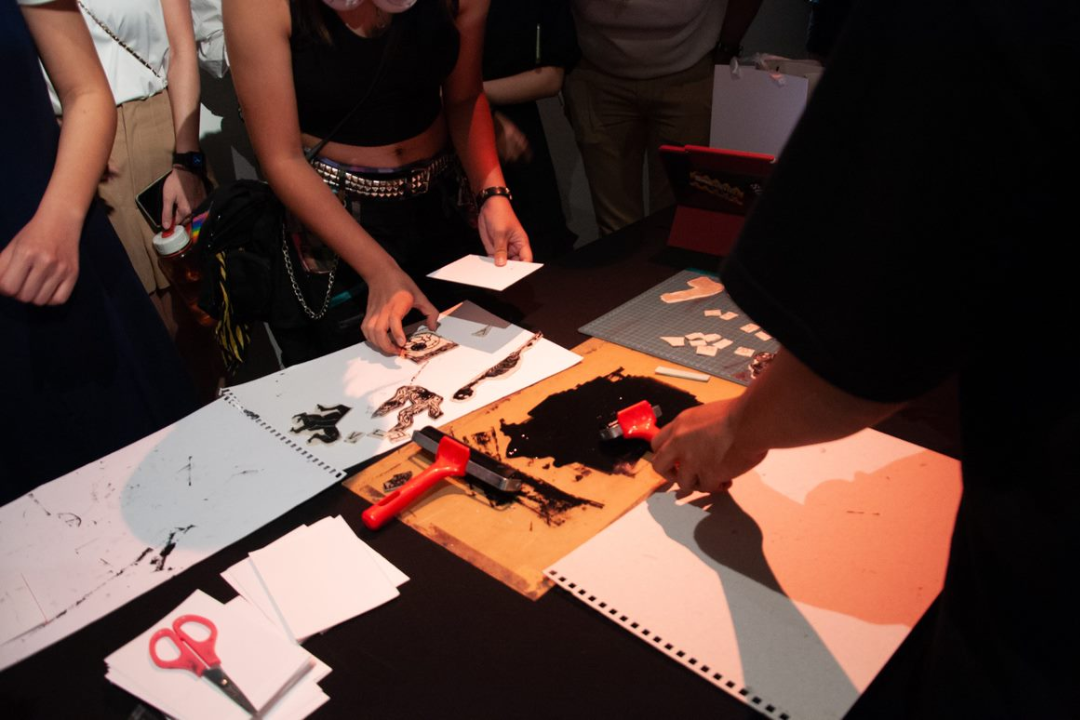The project of western philosophy is marked by an obsession with purity; whether moral, metaphysical, or epistemic. From Plato to Kant to Husserl, the task has always been to secure the righteous, the true, and the clear. The modern world however, has given up on this project. Not only have the moral and metaphysical pretensions of western philosophy been shown to exalt one set of morality and metaphysics above all others thereby excluding those lives and practices at the margins, western philosophy seems to be no longer able to excite, enthral, or upset anyone any more.
Beneath the veneer of propriety that constitutes western philosophy, is an underbelly of philosophy, thought, and art, operating in the shadows. Practitioners of occult experiments in thought and art, such as Marquis de Sade, Sacher-Masoch, and Patricia MacCormack, offer an alternative to a field too long dominated by pure and righteous philosophy. This undercurrent of thought challenges not only the superiority of the moral order imposed or implied by western thought, but the very essence of what it means to think or philosophise at all. Such thought plays at the margins of moral decency, philosophical rigour, and the fundamental norms of conduct, thought, and society.
Occult Philosophy is an exploration and exegesis on this unique and too-long disprivileged strand of philosophy, combining philosophy with non-philosophical tools, productions, and creations in order to bring thought properly into contact with the outside. Cthulhu as the image of the philosopher, Persian cults as discursive spaces, and horror and transgression as argumentative strategies, will be utilised.
This programme was presented in three volumes:
Volume 1: Trauma & Torture | with GoneMune
Trauma, grief, and suffering, are often seen as things to be diminished, avoided, or healed. Self-love, self-care, and all manner of positivity quotes, pages, mantras, gurus, and institutions have sprung up to provide us with remedies to our suffering. Yet, beneath all of this is humanity’s everlasting fascination with death, trauma, and suffering, from the most brutal offerings of grind-core, to our all too human tendencies to relive past traumas and immerse ourselves in them. Against the grain of a naive positivity, how does Occult Philosophy take up trauma and suffering as a force not to be exorcised but rather as concomitant with the whole of Being to be harnessed - a dark power which ceaselessly fascinates us beyond the pleasure principle?
This seminar featured a live performance by goneMune - participants were encouraged to dance, move, and interact with the performance
Volume 2: The Occult & The Other | with Marylyn Tan
The process of othering always-already involves an occulting; that is, that which is othered is also simultaneously rendered cursed, tainted, mystical, or otherworldly. The figure of the woman is often associated with the ephemeral and mystical, and in the ghosts of folklore, the cursed. The figure of the minority is associated with magic, superstition, and voodoo. How then does Occult Philosophy recuperate and repurpose the Other and the Occult? How does the Other gaze back at the gazer?
This seminar featured a poetry reading by Marylyn Tan from her poetry collection Gaze Back, winner of the 2020 Singapore Literature Prize.
Volume 3: Body Horror, Batik Horror | with Joanne Chow
Gore, long-haired and long-tongued ghosts, miscarried foetuses, blood: the occult and accursed flow through the body. The body, philosophically constituted in opposition to the mind, is the wretched shell which supplies the intellect nothing but carnal fears, desires, and sensory illusions. Against the wishes of philosophy, the body carries on, operating through codifications, markings, and its bare bodily facticity, to constitute the subject far more thoroughly, quickly, and completely than the rational ever does. What would it mean to free the body from the mind, and to free it to exist freely in its own irrational right?
This seminar featured an exhibition of 4 of Joanne Chow’s Batik pieces exploring the conjunctions between her fascination with the body and batik.

